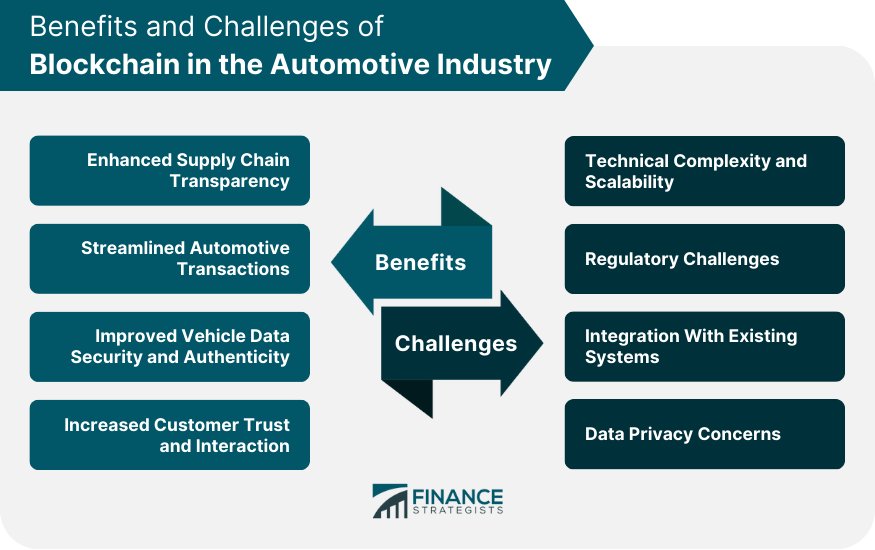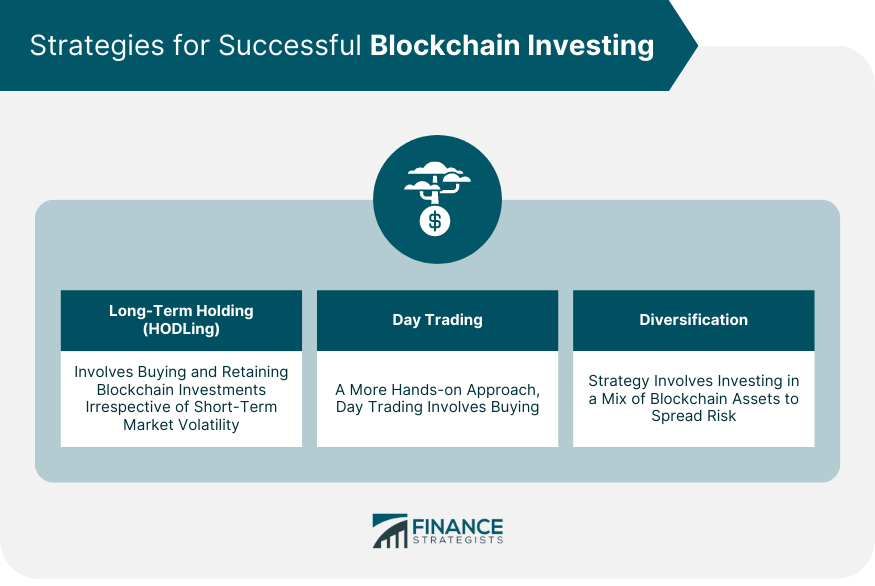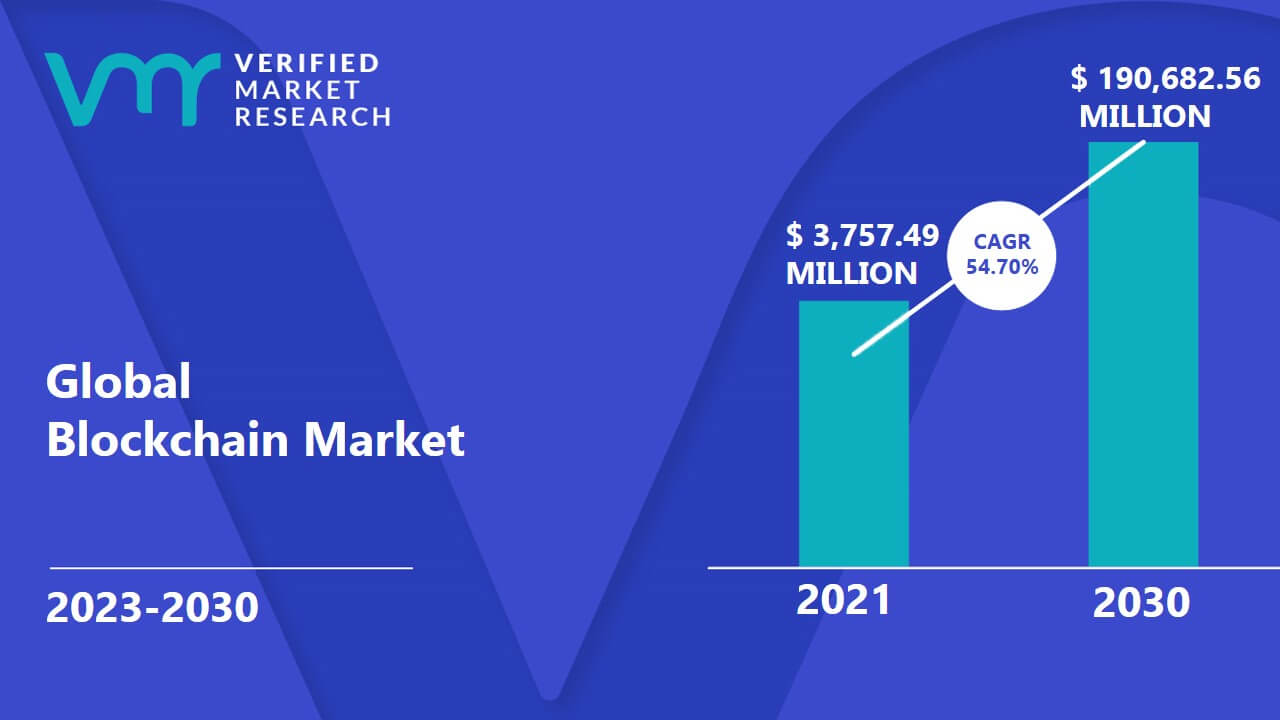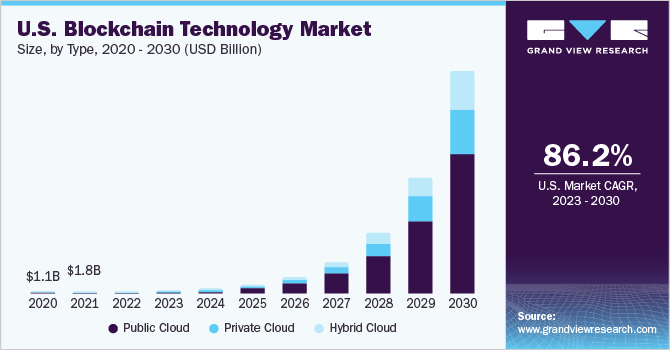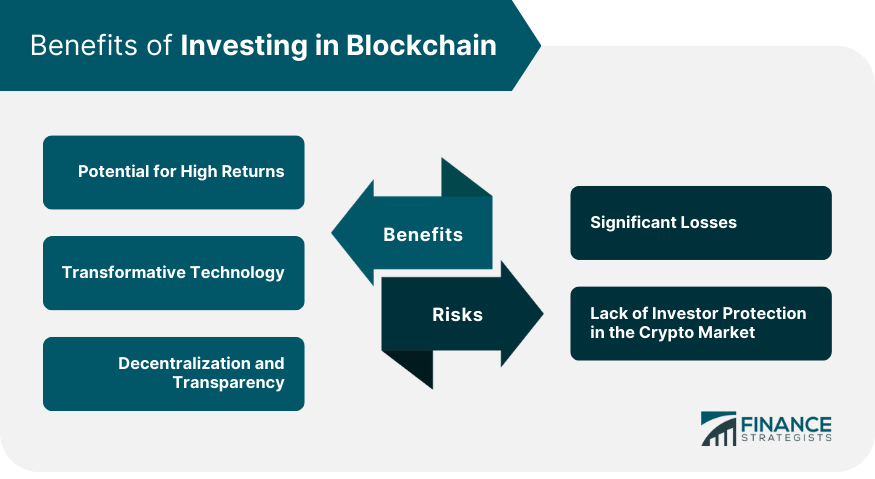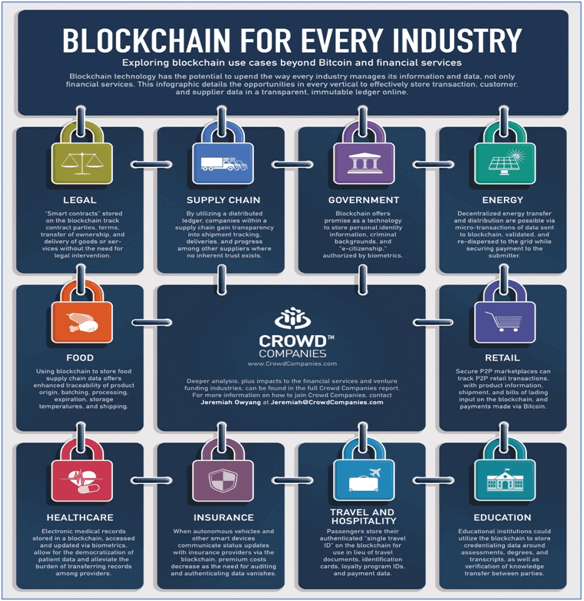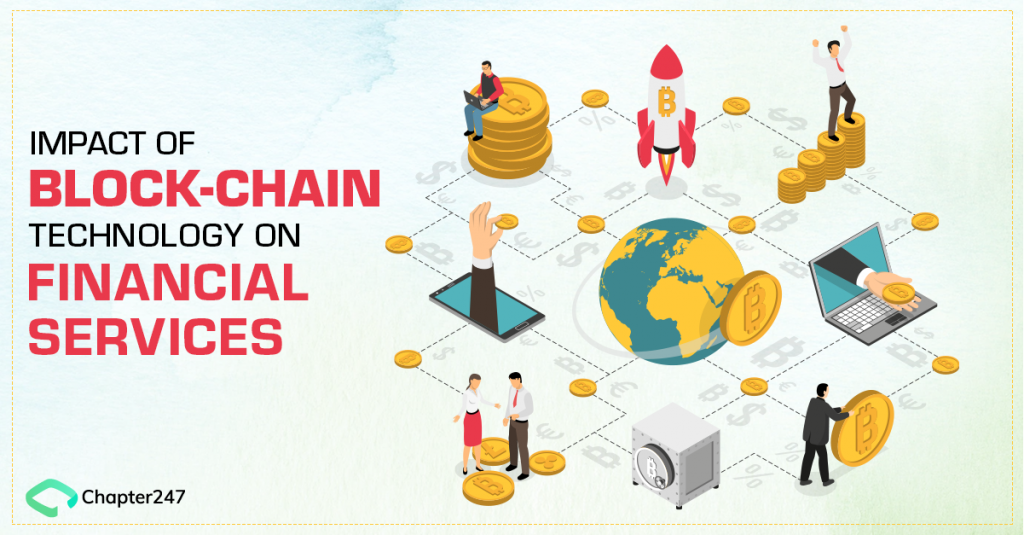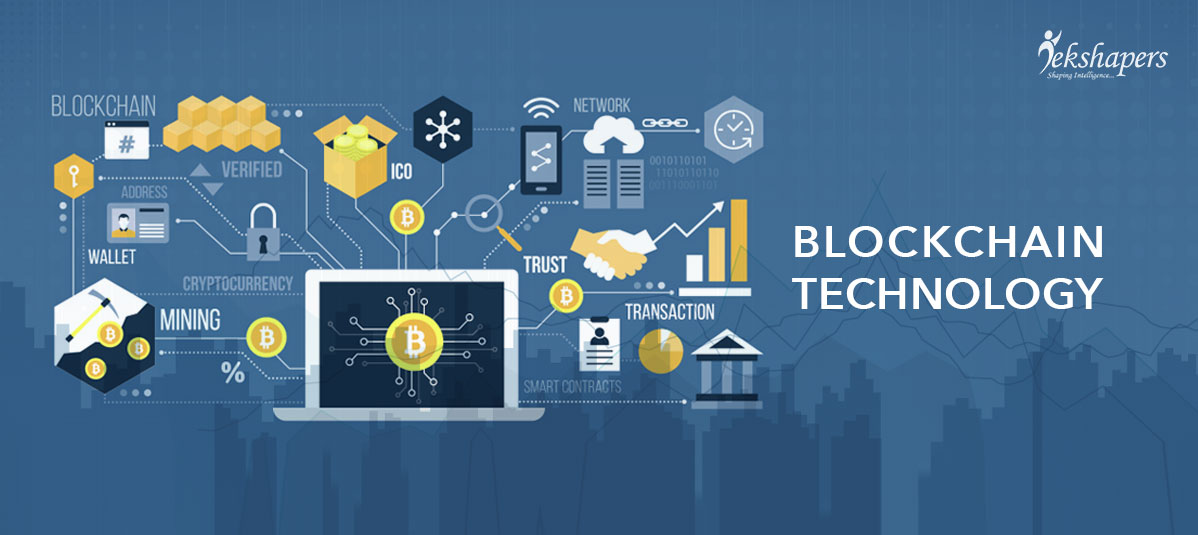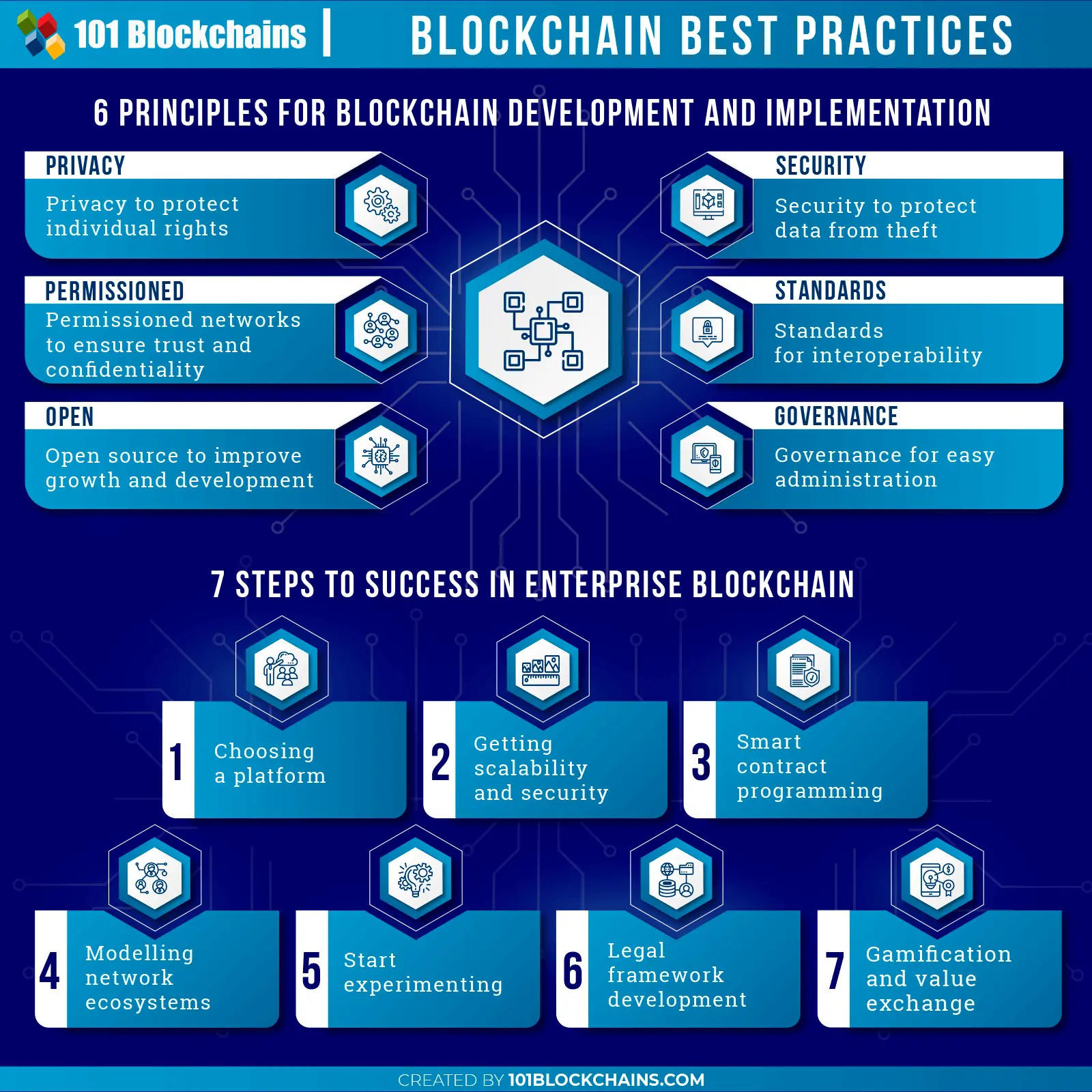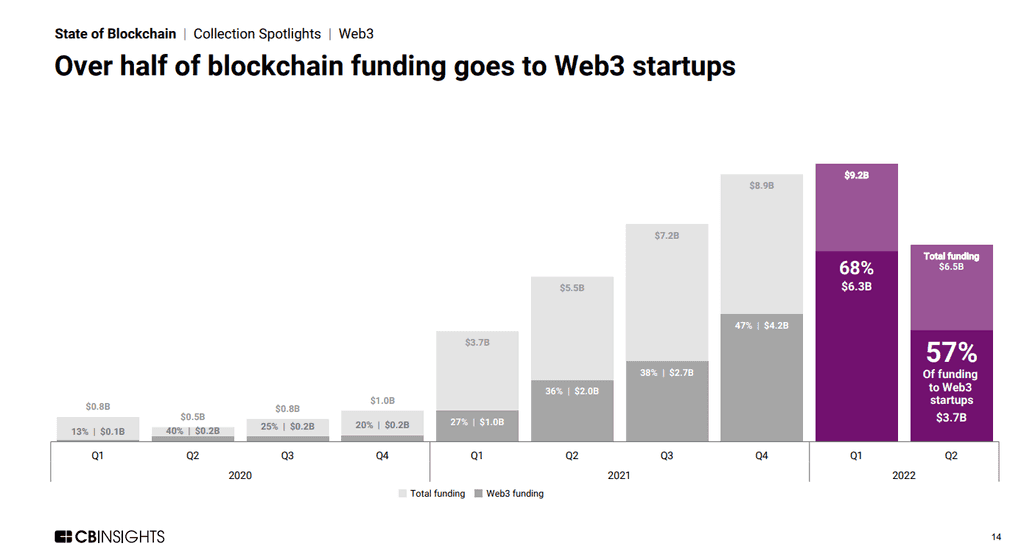Blockchain Investment Strategies And Impact On The Car Market

The automotive industry, long a bastion of traditional manufacturing and sales models, is increasingly finding itself intertwined with the cutting-edge world of blockchain technology. Investment strategies focused on blockchain applications are beginning to reshape various aspects of the car market, from supply chain management to vehicle ownership and data security, creating both opportunities and challenges for established players and newcomers alike.
This shift raises critical questions: How are blockchain-based investments impacting the automotive landscape? What specific areas are attracting the most capital? And what does this technological convergence mean for consumers, manufacturers, and the future of the car market?
Blockchain Investment Heats Up in Automotive Sector
Investment in blockchain technologies applicable to the automotive sector is experiencing significant growth. Venture capital firms and corporate investors are pouring resources into startups and initiatives focused on leveraging blockchain's decentralized and transparent nature.
According to a recent report by Market Research Future, the global blockchain in the automotive and transportation market is projected to reach $1.6 billion by 2028, growing at a CAGR of over 60%.
This surge in investment reflects a growing recognition of blockchain's potential to address key pain points within the industry.
Key Areas of Blockchain Application
Several specific applications are driving blockchain investment in the automotive space. Supply chain management is a prime example, with blockchain enabling greater transparency and traceability of components from origin to assembly.
This can help combat counterfeiting, ensure ethical sourcing of materials (like cobalt for batteries), and streamline logistics.
Another area gaining traction is vehicle identity and data management. Blockchain can create a secure and immutable record of a vehicle's history, including ownership, maintenance, and accident data.
This information can be readily accessed by authorized parties, such as buyers, insurers, and repair shops, fostering trust and efficiency.
Furthermore, blockchain is being explored for peer-to-peer car sharing platforms and autonomous vehicle data sharing. These applications leverage blockchain's security and transparency to facilitate trust between parties and enable secure data exchange.
Impact on Car Manufacturers and Suppliers
The adoption of blockchain technologies is forcing car manufacturers and their suppliers to adapt. Companies are investing in pilot projects and partnerships to explore the benefits of blockchain in their operations.
For example, BMW has been exploring blockchain for supply chain tracking, while Ford has patented a blockchain-based system for managing autonomous vehicle communication.
However, the transition to blockchain-based systems is not without its challenges. Legacy systems, data silos, and a lack of industry standards can hinder implementation.
Moreover, concerns about scalability, regulatory uncertainty, and the environmental impact of certain blockchain technologies (particularly those using proof-of-work consensus mechanisms) need to be addressed.
Impact on Consumers
Ultimately, the adoption of blockchain in the automotive industry is expected to benefit consumers. Increased transparency and traceability in the supply chain can lead to safer and more ethically sourced vehicles.
Secure vehicle identity and data management can help prevent fraud and ensure accurate vehicle history reports.
Furthermore, blockchain-based car sharing platforms could offer consumers more affordable and convenient transportation options. However, consumer awareness and trust in blockchain technology will be crucial for widespread adoption.
The Future of Blockchain in the Car Market
The integration of blockchain technology into the automotive industry is still in its early stages, but its potential is undeniable. As the technology matures and standards emerge, we can expect to see wider adoption across various applications.
Collaborative efforts between automakers, technology providers, and regulatory bodies will be essential to unlock the full potential of blockchain and ensure its responsible implementation.
The future car market may be one where vehicles are not just modes of transportation but also nodes on a secure, transparent, and decentralized network. This transformation, driven by strategic blockchain investments, promises to reshape the industry and redefine the relationship between cars, consumers, and the world around them.
